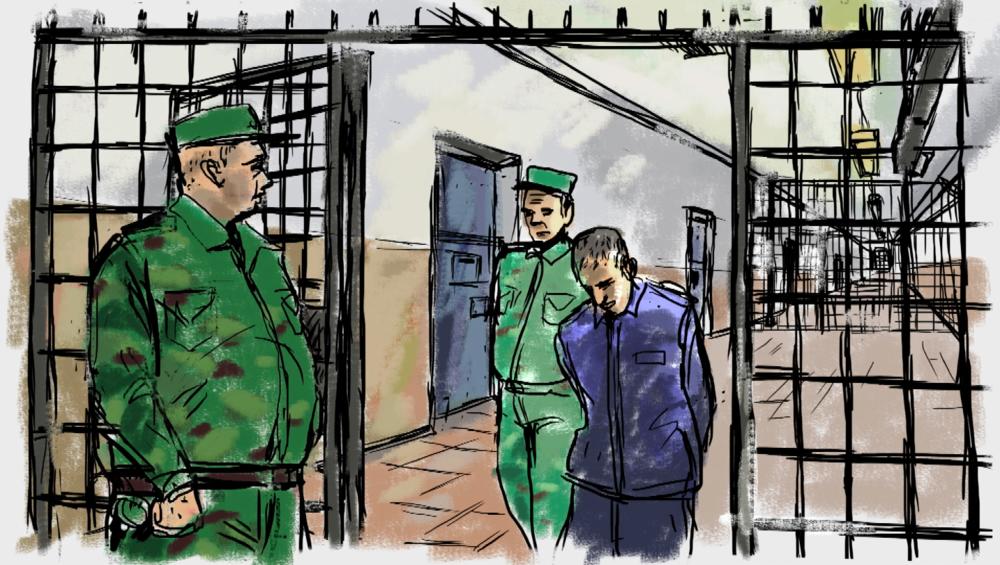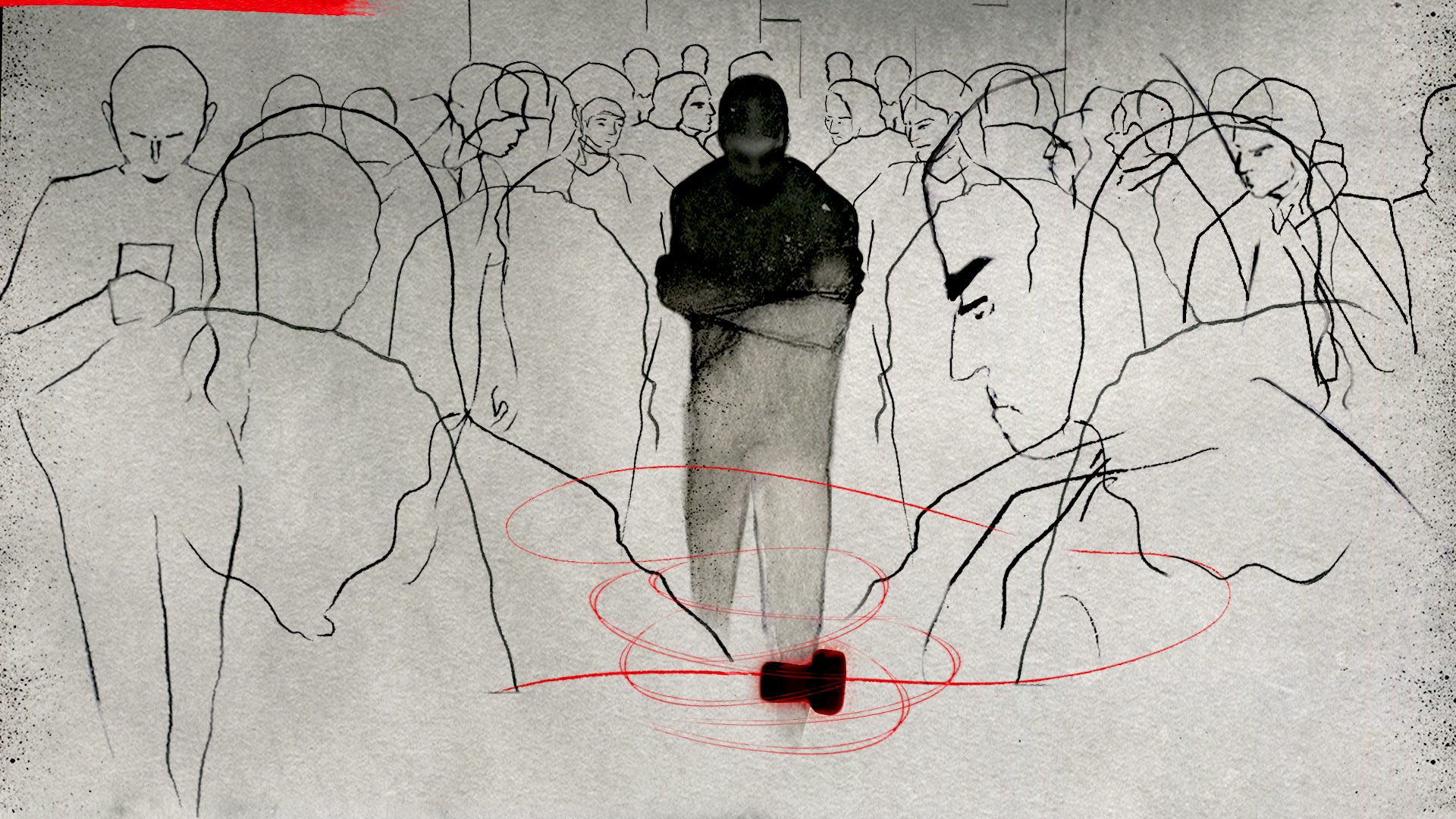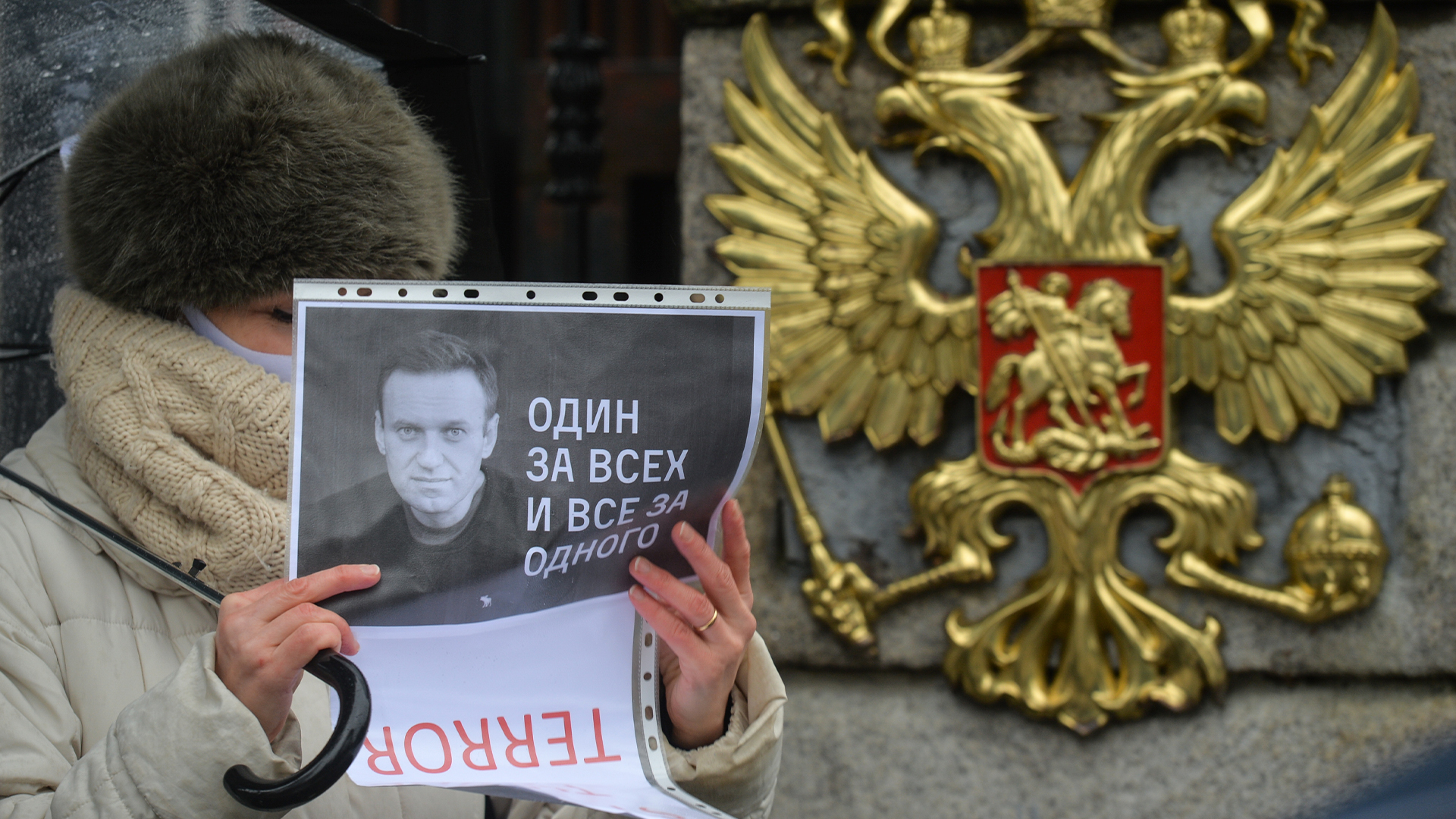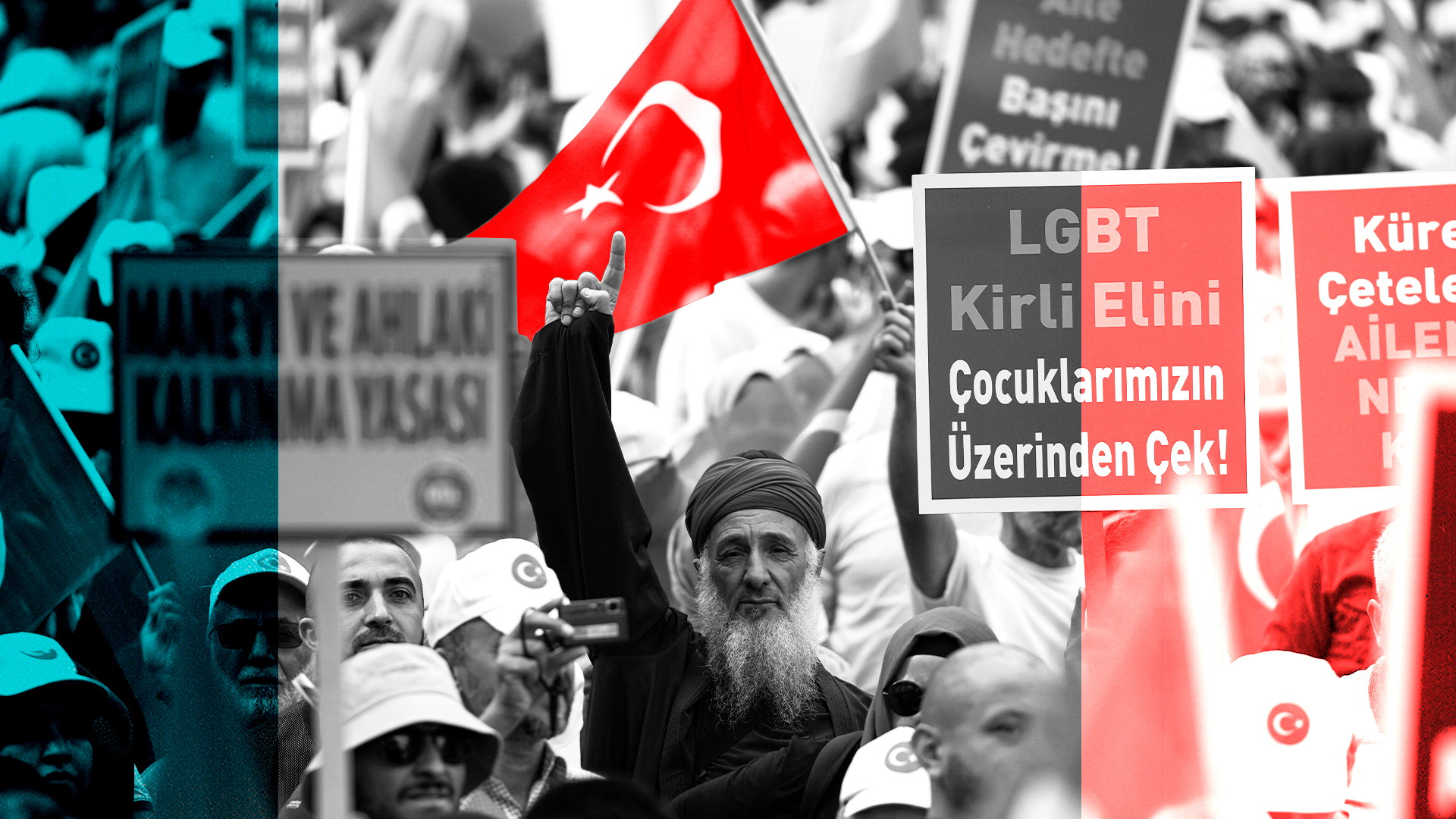23-year-old blogger Ruslan Sokolovsky was given a three and a half year suspended sentence by a court in Yekaterinburg, Russia for uploading a video of himself playing Pokemon Go in church which “offended the religious feelings of believers,” a criminal offense in Russia. The prosecutor demanded three years and six months in prison for the Pokemon Go video as well as a series of videos from Sokolovsky’s “atheist” blog which “incited hatred” and “breached the right to freedom of religion.” A main part of Sokolovsky’s guitly verdict rested on his “denial of the existance of God” said the judge when she read the verdict.
Coda spoke with Sokolovsky’s mother Elena Chingina in the first episode of our animated series Jailed for a Like, which tracks cases of Russians imprisoned for their activity on social media.
“Ruslan didn’t offend anyone with anything. He simply expressed his opinion with words,” Chingina said. “He was shocked that for some cartoon you can be jailed or fined 500,000 rubles [$8,390].
Jailed for a Like
Sokolovsky uploaded the Pokemon video on August 11, 2016 and was detained on September 2, 2016 on charges of extremism and insulting the feelings of believers. He was put under pre-trial house arrest and then in a pre-trial detention center in October for four months after a visit by his girlfriend on his birthday violated the rules of his house arrest.
During the trial Sokolovsky said that he heard on Russian state TV that the government had banned people from playing Pokemon Go in churches. He decided to test what he thought was an absurd law.
“Someone felt insulted when they watched my videos online,” Sokolovsky told reporters after a court hearing. “I never asked these people to watch my videos. Don’t watch them, I don’t recommend them to anyone!”
Sokolovsky’s arrest and trial have made him an internet celebrity and continue to fuel discussion in Russia over how people should behave on social media. In the past few years, dozens of Russians have been imprisoned and fined for posts, shares or even likes on social media, often under the same extremism law used to prosecute Sokolovsky.
“The videos were very unpleasant,” said local journalist Maxim Rumyantsev, a key witness against Sokolovsky, in court. “To watch them more than once is unpleasant. It is destabilizing to Russia.”
Rumyantsev was the first to complain to authorities about the blogger’s video, saying he was particularly offended by Sokolovsky’s comment that Jesus is a “rare Pokemon.”
“I’m not interested in religion because I think it’s generally unnecessary,” Sokolovsky said during the trial. “The reason why I’ve pleaded innocent to these charges is because I am in no case an extremist. I might be an idiot, but not an extremist.”
Sokolovsky was found guilty of inciting hatred, of offending the religious feelings of believers and of possessing an illegal method for obtaining information (authorities found a pen with a hidden video camera when they searched his home).










